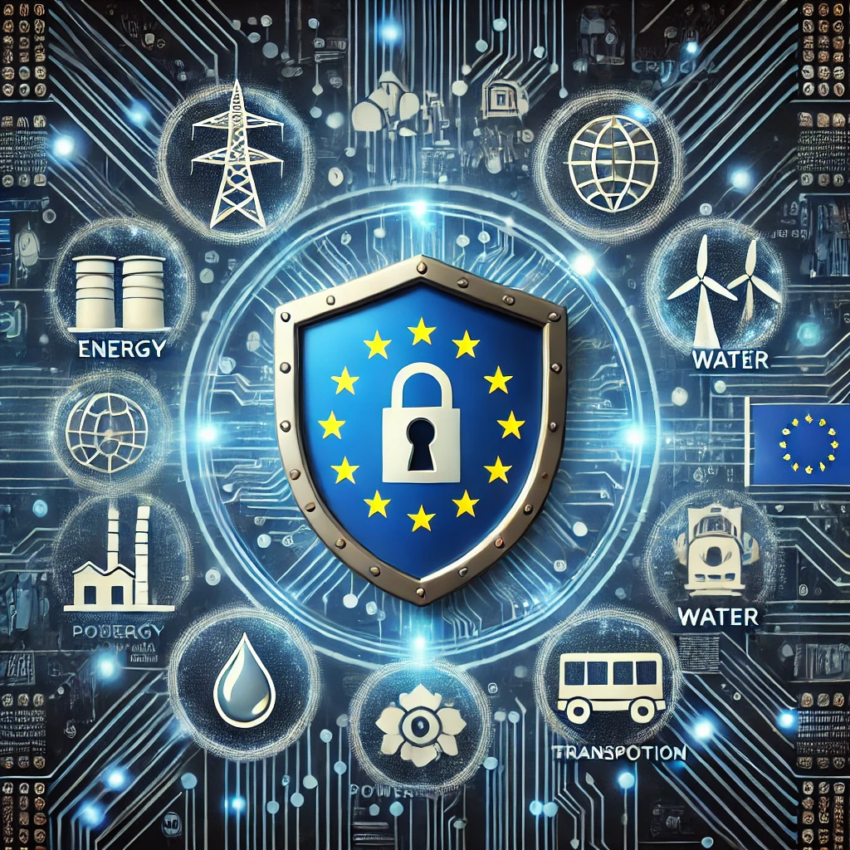The European Union (EU) places paramount importance on cybersecurity, recognizing it as a cornerstone for protecting critical infrastructure such as energy, water, and transportation systems. As cyber threats evolve, the EU remains at the forefront of technological advancements, ensuring robust defenses against potential attacks.
Significance of Cybersecurity in the EU
- Preventing Disruptions:
- Cyber attacks on critical infrastructure can cause significant disruptions, leading to power outages, water supply issues, and transportation chaos. Implementing robust cybersecurity measures helps prevent such incidents, ensuring continuous and reliable services.
- Protecting Public Safety:
- Compromised infrastructure can pose direct threats to public safety. For example, a cyber attack on a water treatment facility could lead to contamination, while an attack on transportation systems could cause accidents. Cybersecurity measures are crucial in protecting the public from these potential dangers.
- Economic Stability:
- Critical infrastructure is the backbone of any economy. Cyber attacks can lead to massive financial losses due to service disruptions, recovery costs, and loss of consumer confidence. Strengthening cybersecurity helps maintain economic stability by protecting these essential services.
- National Security:
- Critical infrastructure is often targeted by state-sponsored actors aiming to weaken national security. Effective cybersecurity measures are vital in defending against these threats, ensuring the integrity and resilience of essential services.
The EU’s Leadership in Cybersecurity
The EU is a global leader in cybersecurity technology and policy, consistently developing and implementing cutting-edge solutions to protect its critical infrastructure. This leadership is demonstrated through:
- Advanced Technologies:
- The EU invests heavily in advanced technologies such as artificial intelligence, machine learning, and blockchain to enhance the security of critical systems by detecting and mitigating threats in real-time.
- Regulatory Frameworks:
- The EU has established comprehensive regulatory frameworks like the General Data Protection Regulation (GDPR) and the Network and Information Systems Directive (NIS Directive) to ensure stringent cybersecurity standards across member states.
- Collaboration and Information Sharing:
- The EU promotes collaboration between government agencies, private sector entities, and international partners to share information about threats and vulnerabilities, leading to a more coordinated and effective cybersecurity response.
- Training and Awareness:
- The EU prioritizes education and awareness, ensuring that employees and citizens are knowledgeable about cybersecurity best practices and potential threats.
Conclusion
The EU’s commitment to cybersecurity is critical for safeguarding its critical infrastructure, ensuring public safety, economic stability, and national security. By leading in technology and policy, the EU sets a global standard for protecting vital services against evolving cyber threats.
Andrea Bodei
EUCIF
The European Cyber Intelligence Foundation is a European non-profit think tank specializing in intelligence and cybersecurity, offering consultancy services to government entities

